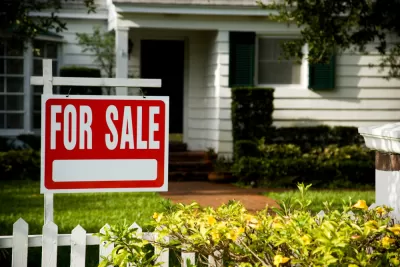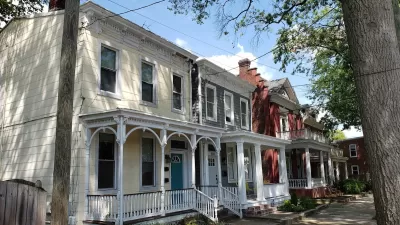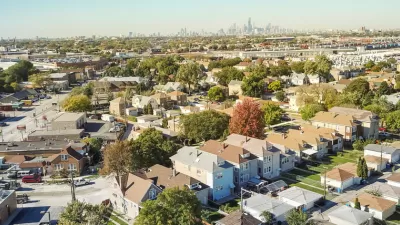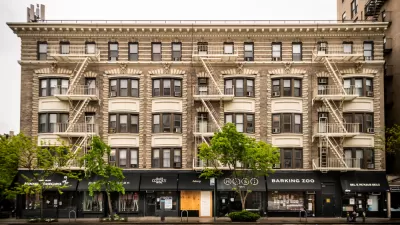Black families face bigger challenges when trying to buy homes, leading to a growing gap between Black and white homeownership.

Black homeownership is growing at a lower rate than any other racial or ethnic group, reports CNN’s Anna Bahney in an article republished in Madison 365. “Across a slew of metrics, the challenges Black home buyers are up against are sizeable and showing little improvement.” Black homeownership rates vary between 15 and 55 percent around the country, while white homeownership ranges from 50 percent to 81 percent.
While homeownership rates grew across ethnic groups, Black households saw the slowest growth. Today, the ‘racial homeownership gap’ between white and Black families is 29 percent, up from 26 percent in 2011. This gap is attributed to a complex web of causes, including historic and present discrimination and high housing costs.
The article details the hurdles faced by Black homebuyers, such as mortgage discrimination. Almost a third of Black renter households spend more than 30 percent of their income on housing, making it difficult to save money to buy a home. Additionally, “Black Americans are denied mortgages at a higher rate, with 20% of Black and 15% of Hispanic loan applicants denied mortgages, compared with about 11% of white and 10% of Asian applicants, According to NAR’s analysis of Home Mortgage Disclosure Act data.” More recently, researchers have also uncovered discrimination in home appraisals, which can have a negative impact on the ability of Black families to build generational wealth.
FULL STORY: The gulf between Black homeowners and White is actually getting bigger, not smaller

Alabama: Trump Terminates Settlements for Black Communities Harmed By Raw Sewage
Trump deemed the landmark civil rights agreement “illegal DEI and environmental justice policy.”

Planetizen Federal Action Tracker
A weekly monitor of how Trump’s orders and actions are impacting planners and planning in America.

The 120 Year Old Tiny Home Villages That Sheltered San Francisco’s Earthquake Refugees
More than a century ago, San Francisco mobilized to house thousands of residents displaced by the 1906 earthquake. Could their strategy offer a model for the present?

In Both Crashes and Crime, Public Transportation is Far Safer than Driving
Contrary to popular assumptions, public transportation has far lower crash and crime rates than automobile travel. For safer communities, improve and encourage transit travel.

Report: Zoning Reforms Should Complement Nashville’s Ambitious Transit Plan
Without reform, restrictive zoning codes will limit the impact of the city’s planned transit expansion and could exclude some of the residents who depend on transit the most.

Judge Orders Release of Frozen IRA, IIJA Funding
The decision is a victory for environmental groups who charged that freezing funds for critical infrastructure and disaster response programs caused “real and irreparable harm” to communities.
Urban Design for Planners 1: Software Tools
This six-course series explores essential urban design concepts using open source software and equips planners with the tools they need to participate fully in the urban design process.
Planning for Universal Design
Learn the tools for implementing Universal Design in planning regulations.
Clanton & Associates, Inc.
Jessamine County Fiscal Court
Institute for Housing and Urban Development Studies (IHS)
City of Grandview
Harvard GSD Executive Education
Toledo-Lucas County Plan Commissions
Salt Lake City
NYU Wagner Graduate School of Public Service





























